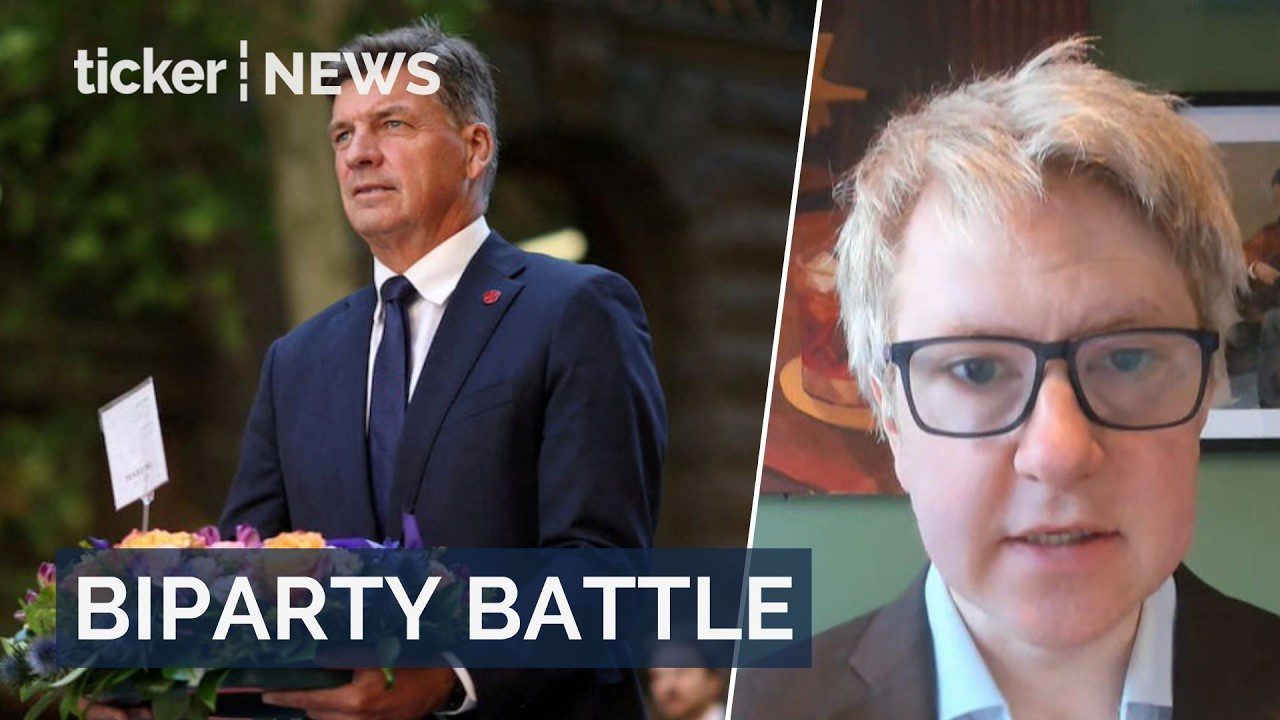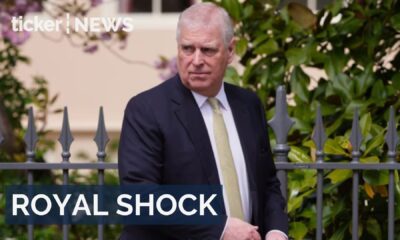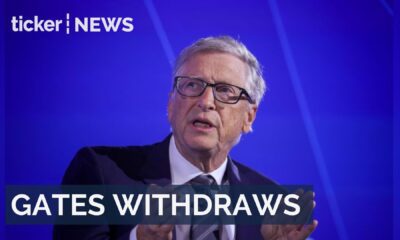Viet Nguyen, The University of Melbourne; Ferdi Botha, The University of Melbourne, and Kyle Peyton, The University of Melbourne
Growing economic pessimism appears to have pushed many voters away from Australia’s two major parties, Labor and the Coalition. Support for minor parties and independents has doubled since the Global Financial Crisis in 2008.
In the latest federal election, minor parties and independents are on track to gain a record share of the vote, at 33.4%. Although Labor won just 34.6% and the Coalition 32% of first preferences, Labor secured a majority after preference flows, reflecting a broader shift away from the major parties.
Commentary in both Australian media and in the United States framed the result as a reaction against US President Donald Trump’s return to politics. That echoed analysis of Canada’s surprise centre-left Liberal party win a week earlier.
But a more straightforward explanation lies in Australian voters’ dissatisfaction with economic conditions.
In a new study, we used three decades of data from the leading monthly consumer sentiment survey, the Consumer Attitudes, Sentiments and Expectations in Australia (CASiE) Survey, to study how shifts in economic expectations align with changes in voting behaviour.
Support for minor parties and independents has been rising
In the 2007 federal election, minor parties and independents won just 15% of first‑preference votes and two seats in the House of Representatives. By 2022 their primary vote had doubled to 31.7%, delivering a record 16 seats.
In the latest federal election, their first‑preference share rose further to 33.4% (as of May 14). But because of preference flows, they secured fewer lower house seats than in 2022. The underlying shift away from the major parties therefore continues, even though it is not reflected in seat numbers.
This realignment has unfolded alongside a sustained slide in political trust. Surveys such as the Australian Election Study show satisfaction with democracy is at its lowest level on record.
The decline is often linked to perceptions of poor economic management, leadership instability, and unresponsive government. Voters repeatedly cite housing affordability, cost‑of‑living pressures and difficulty accessing health care as unmet concerns.
Minor party support differs across demographic groups
The shift away from the political mainstream is broadly distributed across demographic groups, indicating widespread economic disaffection rather than isolated grievances.
Younger Australians, facing acute economic challenges, have increasingly supported the Greens. Older voters have turned to One Nation and Teals amid broader dissatisfaction with economic management.
Support for minor parties and independents has climbed among both men and women, though the pattern differs. Women lean more toward the Greens; men more toward other minors and independents.
Economic pessimism matters at the ballot box
Rising economic pessimism, along with other social and cultural factors, has been a driving force behind the collapse in support for the political mainstream.
Since 2010, the average share of Australians saying their finances have improved over the past 12 months fell from 27% to 20%. The share reporting deterioration increased from 34% to 37%. That means a net shift of 10 percentage points toward pessimism.
Looking ahead, more Australians expect their household finances and the national economy to worsen over the next year than to improve.
The charts below show support for minor parties has climbed across the board since the mid‑2010s. It is consistently highest among voters who expect their household finances and the national economy to get worse.
Voters who feel worse off have consistently been more inclined to back minor parties or independents. The gap between pessimists and optimists has widened under both Coalition and Labor administrations.
The divergence is most pronounced for expectations about national economic conditions. This suggests political disaffection is increasingly linked to pessimism about Australia’s economic outlook.
Growing economic pessimism is consistent with a broader picture of weaker economic growth, lower living standards, a fall in productivity and slower wage growth over the past decade.
For example, economic growth (gross domestic product or GDP after inflation) slowed from an average of 3.5% between 1995 and 2009 to 2.4% between 2010 and 2024. Growth in GDP per person, a more direct measure of living standards, slowed even more, from an average of 2.1% to just 0.9%.
Since both actual and perceived economic conditions influence voting choices, collapsing support for mainstream political parties is perhaps no surprise.
Ymgerman/Shutterstock
Implications for the future
Because of the complex flow of voting preferences, a smaller vote share going to major parties does not always translate into fewer seats in parliament. However, vote shares and seat counts tend to be highly correlated over time.
Sustained declines in primary vote shares going to the major parties will eventually translate into reduced legislative power.
The trends in Australia’s voting patterns are consistent with voters’ growing dissatisfaction with the performance of successive governments.
While the rise of non-mainstream parties may signal political renewal, it also carries risks. In the absence of credible responses to persistent social and economic challenges, political resentment is likely to deepen.
Decades of policy responses have failed to address the scale or structural nature of the country’s economic problems. This has contributed to mounting pressures.
Without meaningful reform, Australia risks following the trajectory seen in parts of Europe and the US, where the weakening of mainstream parties has created space for more radical and anti-democratic political movements.
Viet Nguyen, Principal Research Fellow, Macroeconomics Research Program, Melbourne Institute of Applied Economic and Social Research, The University of Melbourne; Ferdi Botha, Senior Research Fellow, Melbourne Institute of Applied Economic and Social Research, The University of Melbourne, and Kyle Peyton, Senior research fellow, The University of Melbourne
This article is republished from The Conversation under a Creative Commons license. Read the original article.























